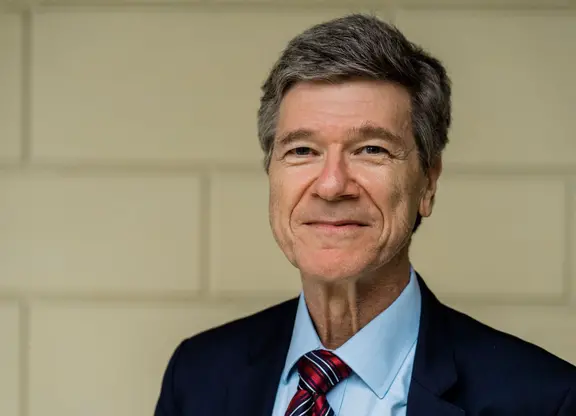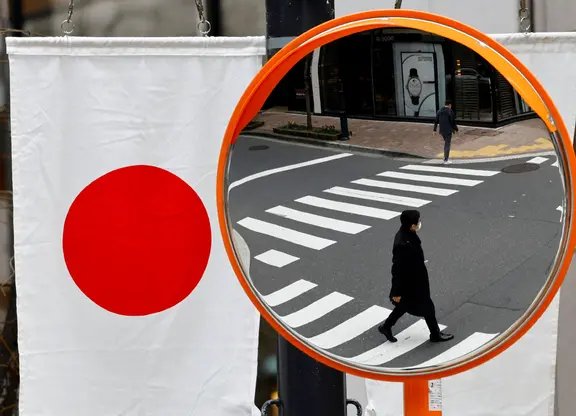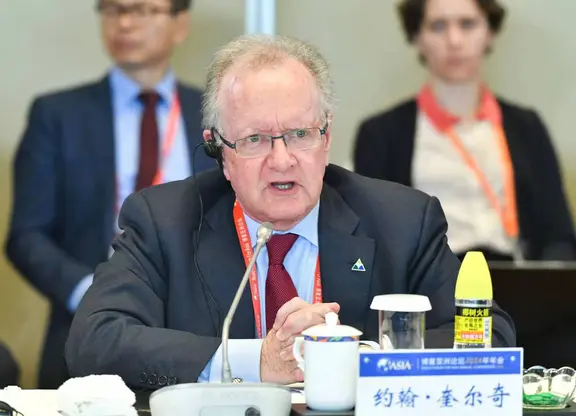A sleeping pill that promises a deep slumber without the risk of dependency is set to hit market in Japan as early as this month ahead of its release overseas, the Asahi Shimbun reported Wednesday.
Known by its generic name suvorexant, the new hypnotic drug Belsomra was developed by U.S. pharmaceutical firm Merck, Sharp & Dohme Corp.. In clinical trials, participants showed no signs of addiction to the drug.
According to Merck, Sharp & Dohme, Belsomra helps patients fall asleep by suppressing the activity of neurotransmitters that keep brains awake. Conventional drugs typically work by activating neurotransmitters that ease anxiety.
In clinical trials that included Japanese patients, the new drug allowed subjects to fall asleep more easily and sleep for a longer period of time. While major side effects of the medicine include drowsiness, headaches and fatigue, none of the participants became addicted to the drug.
"No signs of dependency were reported in the six-month study period," said Naohisa Uchimura, a professor of medicine at Kurume University, who served as a researcher for the trial.
The Belsomra tablet was approved for use in September by the health ministry, and will go on sale shortly. The price has yet to be set. Belsomra is expected to be released in the United States early next year.
In Japan, sleeplessness is a big problem, with one in 10 Japanese estimated to suffer from the affliction. But fewer people than in the United States and Europe consult doctors.
While some insomniacs turn to alcohol to make themselves drowsy, this method does not ensure a deep sleep.
According to a study by a health ministry research team, one in 20 adults in Japan takes drugs to treat sleeplessness.
Nearly 80 percent of sleep medicines prescribed in Japan are benzodiazepine-type drugs, which have a high risk of dependency and typically result in withdrawal symptoms, such as anxiety and resurgent insomnia.
In the United States and Europe, prescribing of these types of drugs is usually recommended only as a last resort, and there are restrictions on long-term use.
The development of a dependency-free sleeping drug has thus long been a priority for the pharmaceutical industry, with the new- generation medicine expected to replace the benzodiazepine-type drugs.
 简体中文
简体中文





















